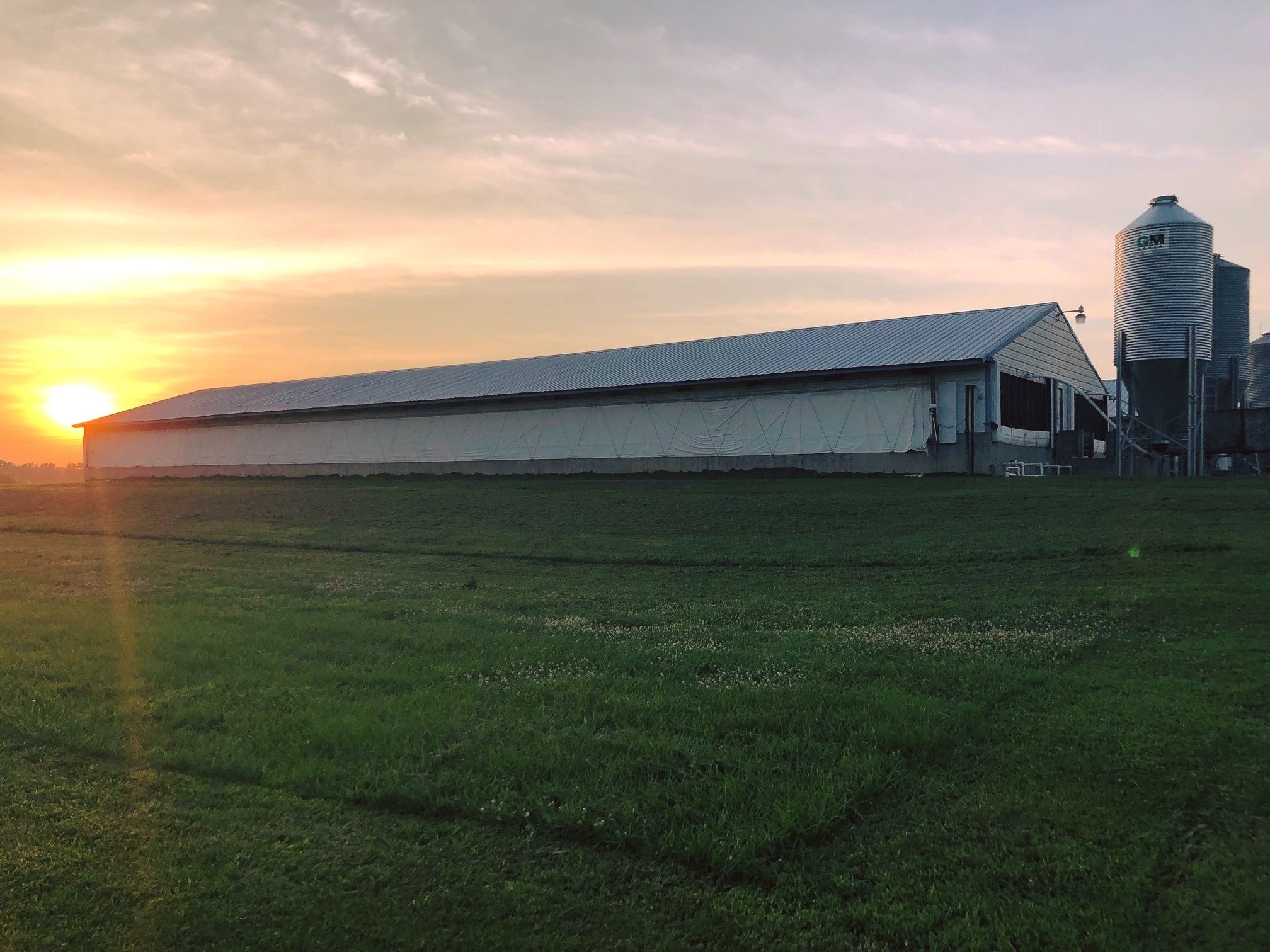
Statement from the NC Pork Council on the appeals to be heard in the 4th Circuit Court of Appeals on Jan. 31, 2020:
All of agriculture in North Carolina is rightly alarmed by what transpired in the unfair trials brought against our farms. Make no mistake: These cases are part of ongoing attacks by trial lawyers who threaten our state’s rural economy. And these cases, and related efforts, are being advanced by groups with stated agendas that seek to put farmers out of business.
But since the 1970s, legislators in our fast-growing state have sought to ensure farming can continue, passing laws to provide certainty from the fears of these types of legal attacks. At the same time, state leaders have ensured environmental protections are in place as well. Hog farmers in North Carolina with more than 250 pigs must be permitted by the state. Once permitted, they are then highly regulated, with requirements for approved management plans, continuing education for farmers, continuous on-farm inspections and serious penalties for bad actors.
But one trial judge, Earl Britt, has upended that regulatory and policy framework with multiple erroneous decisions – judicial decisions that fostered several runaway monetary awards, including excessive and unwarranted punitive damages. Britt’s decisions are in stark contrast to the rulings of a substitute judge who presided over one of the cases and rightly ruled there is no basis for punitive measures. Notably, some juries in these cases deadlocked, then reached compromise verdicts for very low amounts – as low as $100.
This uncertainty from the courts is harmful to any type of business – and certainly to our farms, which provide safe, nutritious and affordable food. Our farmers care for their communities and the environment and take pride in the hard work of producing beloved pork products for all.
Across the state, farmers in all types of agriculture are now looking to the Fourth Circuit judges to correct the mistakes made by Britt, to ensure these unfair outcomes do not stand, and to provide farmers with the certainty and legal guidance that will ensure these attacks on agriculture will come to an end.
